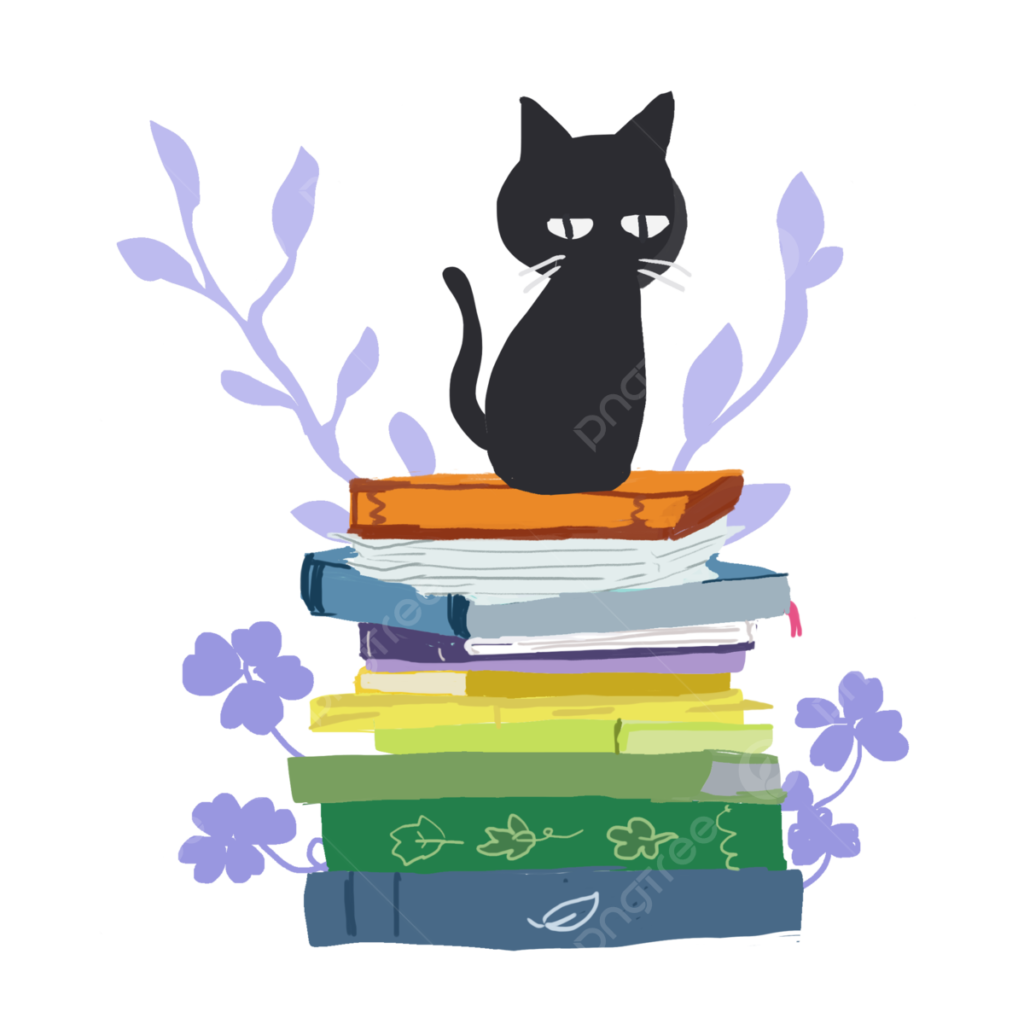Literary Genres
Literary genres are categories or classifications of literary works that share common characteristics, themes, structures, and styles. They serve as a way to group and categorize literature, making it easier for readers, scholars, and critics to understand and discuss different types of texts. Here, we’ll expand upon the concept of literary genres and explore some of the most common genres in literature:
Fiction is a broad genre that encompasses narrative works that are created from the imagination rather than based on real events. Within fiction, there are several subgenres, including:
- Novel: A lengthy fictional narrative that explores complex characters, intricate plots, and multiple themes.
- Short Story: A brief work of fiction that typically focuses on a single character or incident, often with a surprise or twist ending.
- Novelette: A longer short story that allows for more character development and plot complexity than a traditional short story.
- Flash Fiction: Extremely short stories, sometimes consisting of only a few words or sentences, designed to evoke strong emotions or create a vivid image in a brief space.
Poetry is a genre characterized by the use of metrical and rhythmic language to convey emotions, ideas, and imagery. Various forms of poetry include:
- Epic Poetry: Long narrative poems that tell heroic tales often involving gods, heroes, and epic quests.
- Lyric Poetry: Expressive and emotional poems that often explore personal feelings, experiences, or reflections.
- Sonnets: A 14-line poem with a specific rhyme scheme and meter, often used to explore themes of love and beauty.
- Haiku: A Japanese form of poetry consisting of three lines with a specific syllable pattern (5-7-5) that captures a moment in nature or human experience.
Drama is a genre that encompasses plays and scripts intended for performance on stage or in front of an audience. It often involves dialogue between characters and explores conflicts and themes. Subgenres of drama include:
- Tragedy: Dramatic works that depict the downfall of a noble or important character due to a flaw or external circumstances.
- Comedy: Plays that aim to amuse and entertain, often through humor, satire, and light-hearted situations.
- Tragicomedy: A blend of tragedy and comedy, combining serious and humorous elements.
- Absurdist Drama: A subgenre characterized by the portrayal of characters trapped in irrational and meaningless situations.
Non-fiction literature consists of factual or real-life accounts and information. It includes a wide range of subgenres:
- Biography: Accounts of a person’s life, highlighting significant events, achievements, and experiences.
- Autobiography: A form of self-narrative where an individual writes about their own life.
- Essay: Short prose works that express the author’s opinions, thoughts, or reflections on various subjects.
- Memoir: Personal narratives that focus on specific events, experiences, or themes in an author’s life.
These genres involve imaginative and speculative elements, often set in alternative worlds or featuring futuristic technology and concepts. Subgenres within these categories include:
- High Fantasy: Stories set in entirely fictional worlds with their own rules and mythology (e.g., J.R.R. Tolkien’s Middle-earth).
- Science Fiction: Narratives that explore scientific and technological advancements, space exploration, and the future of humanity.
- Dystopian Fiction: Stories that portray bleak and oppressive future societies or worlds.
- Urban Fantasy: Fantasy narratives set in contemporary urban settings, blending the real world with fantastical elements.
These genres involve the solving of a mystery or crime and often feature detectives or amateur sleuths. Subgenres include:
- Whodunit: Stories centered on solving a murder mystery, with the identity of the culprit hidden until the end.
- Thriller: Suspenseful narratives that often involve danger, intrigue, and high stakes.
- Cozy Mystery: Mysteries characterized by a lighter tone, often set in small communities with amateur detectives.
Horror literature is designed to evoke fear, dread, and a sense of the macabre in readers. It often features supernatural elements, monsters, or psychological terrors.
Gothic literature is characterized by eerie and mysterious settings, melodramatic plots, and a focus on emotional and psychological elements. It often includes elements of horror and romance.

